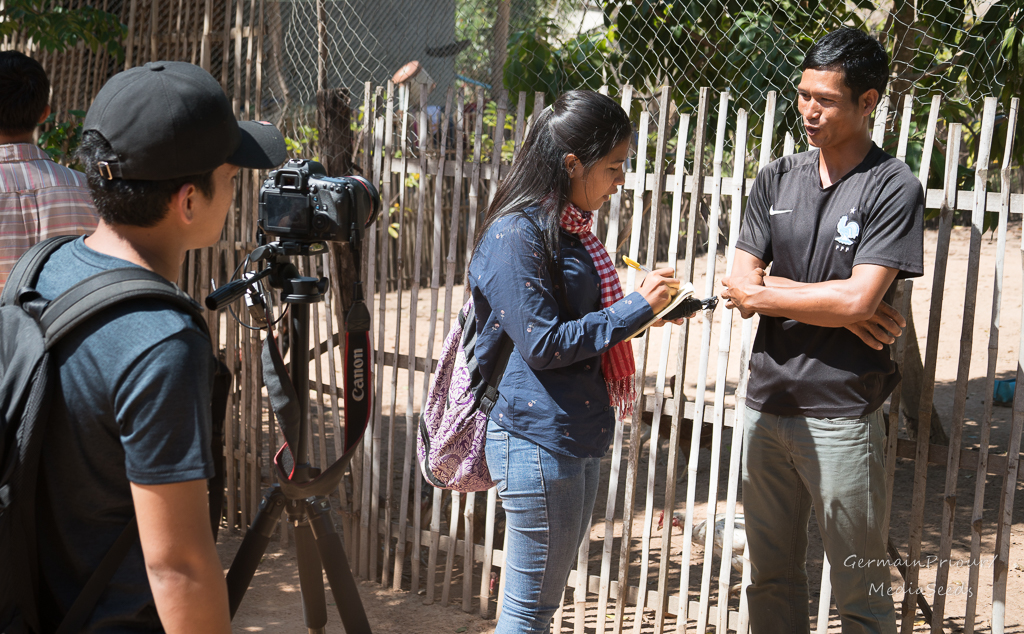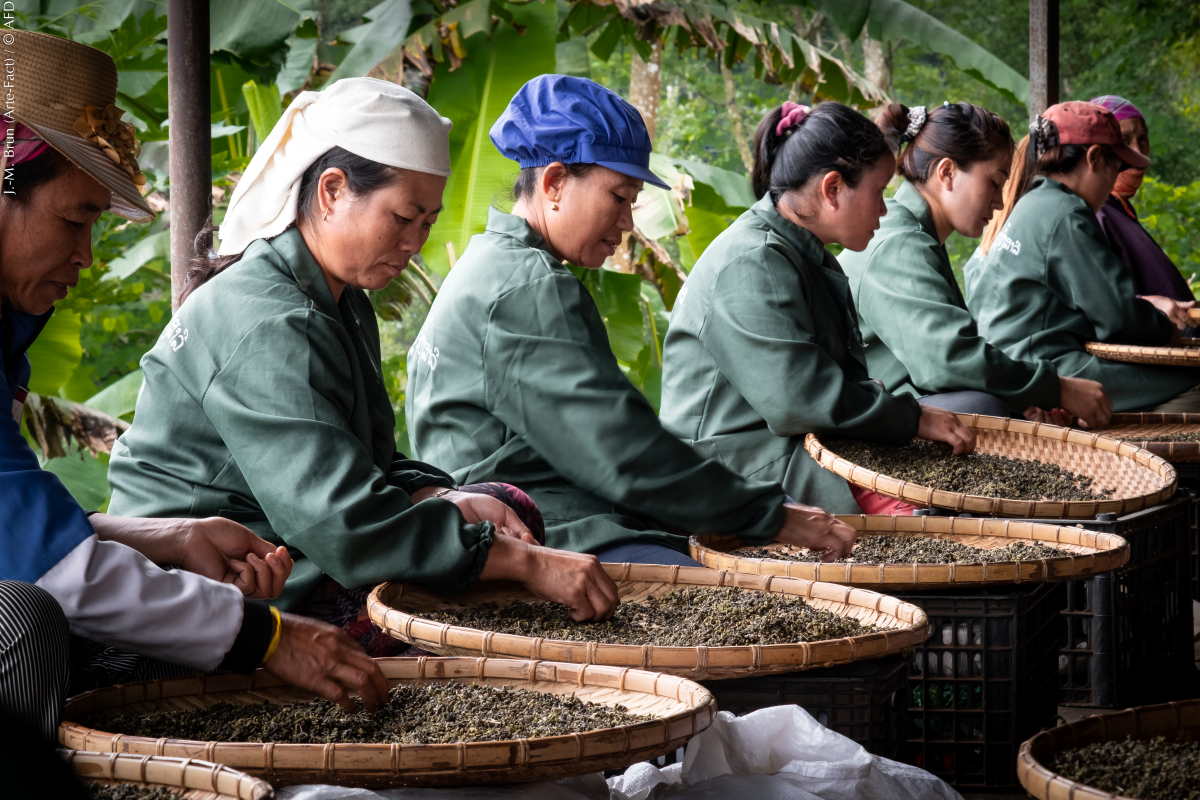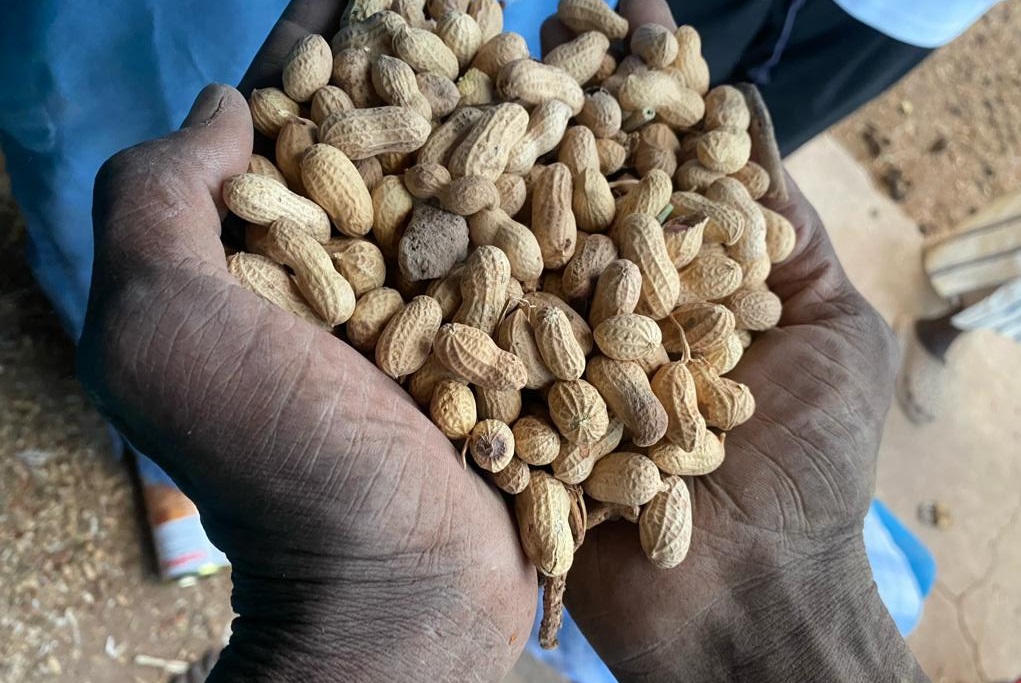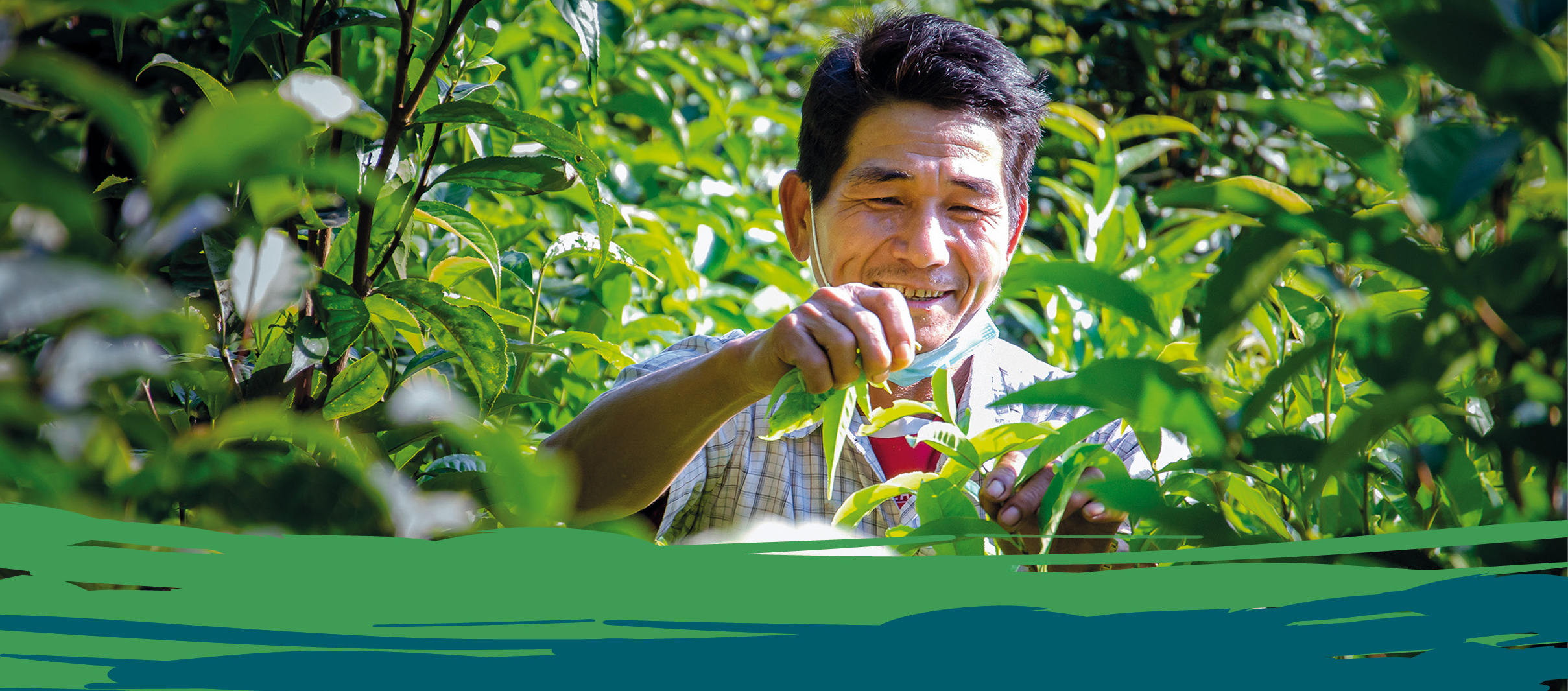In South East Asia, the dynamic to promote agroecology led by GRET is becoming established on a regional scale, especially thanks to a multi-country project funded by the Louis Dreyfus Foundation (Farmers Innovation Towards Agroecology – Fita, in Cambodia and Myanmar), and to support for the emergence and coordination of a regional multi-stakeholder platform to promote agroecology (Agroecology Learning alliance in South East Asia – Alisea), funded by the Agence française de développement (AFD).
In Myanmar, the ecosystem in the Ayeyarwaddy Delta has been degraded by years of rice monoculture, while economic structures are still struggling to recover, having been devastated by cyclone Nargis in 2008. Today, farmers in the Delta have to cope with numerous difficulties: loss of soil fertility, pest proliferation, climate change, lack of access to quality seeds and credit, low level of crop diversification, labour shortages and market instability. Via the multi-projects programme in the Delta, GRET has been providing support for almost ten years to farmers in the provinces of Bogale and Mawlamyinegyun, to establish and manage a range of technical, economic and financial services to respond to these challenges. Agroecological transition is encouraged through seed autonomy with the creation and support of a certified rice seed producers’ organisation, and via the promotion of practices restoring soil fertility (diverse forms of compost, green fertilisers, interpretation of the condition of environments) and preservation of diversity (bio-pesticides, crop combinations, off-season crops). Dissemination of practices is ensured by a network of “peer farmers”, who have been trained in techniques and coordination. With the Fita project, GRET has strengthened its extension service via co-research with farmers, an experimental farm and a network of “innovative farmers” who are capable of developing their own testing protocol in order to adapt agroecological practices to suit conditions in the Delta.
In Cambodia, farmers in Siem Reap province have difficulties adapting their produce to the rapidly growing urban population and increasing demand for safe, healthy products. In addition, this province is characterised by poor soil fertility, productivity and diversity, as well as by a lack of agricultural capital investments, lack of collaboration between stakeholders, a dependency on imported products that affects price variability and a high level of migration. Since 2010, the project to support low-input intensive agriculture (Apici), implemented in partnership with local NGO Cambodian Institute for Research and Rural Development (CIRD), has been contributing to the development of sustainable agriculture by promoting the intensification and diversification of agricultural production and strengthening farmers’ groups in the districts of Sotr Nikum and Prasat Bakong. The project supports the implementation of a local healthy vegetable value chain, with market integration, dissemination of practices that improve soil fertility (compost, green fertilisers), strengthening of biodiversity (beneficial insects, bio-pesticides), encouragement of diversification, seed production and optimum use of local resources. In Cambodia, the Fita project made it possible in particular to facilitate access to water during the dry season, with the implementation of storage and irrigation systems.
This multi-country project also makes it possible to ensure instructive technical and strategic exchanges between the Cambodian and Myanmar farmers and teams. It also enables agroecology to be highlighted among national stakeholders, such as members of government and academics, via various conferences and field visits. The two projects implemented in the Delta region in Myanmar and the province of Siem Reap in Cambodia are also members of the Alisea network.
Alisea: a network bringing together over 120 organisations
The Alisea network is one of the components of the Towards an Agroecological Transition in the Mekong Region (Actae) programme, coordinated with Cirad (Agricultural research and international cooperation organisation. The network aims to enable agroecology stakeholders in the region to exchange and learn from each others’ experiences, to increase the visibility and credibility of agroecology among political deciders and consumers, and to disseminate agroecological practices among farmers. The network is today made up of 60 members of all types and operates via national secretariats in four countries – Cambodia, Laos, Vietnam and Myanmar. Since 2016, Alisea has supported networking and experience-sharing actions via nine national multi-stakeholder workshops and three regional workshops bringing together approximately 700 representatives from over 120 organisations in the region. The network also awarded 26 grants to document and test agroecological practices. Lastly, the network developed a set of tools aimed at communicating and disseminating the knowledge produced on agroecological transition in the region:
- A web portal providing access to over 230 documents and 50 case studies;
- Social media (Facebook pages in English, Lao, Khmer and Vietnamese, and a YouTube channel);
- A quarterly newsletter.
The GRET members of the Alisea network also meet and exchange regularly, participating in various regional events on agroecology. Among the most recent: a multi-stakeholder consultation on agroecology in Asia and in the Pacific, initiated by the United Nations Food and Agriculture Organisation in Bangkok in 2015; a study trip to the university of Mae Jo in Thailand in 2016, and in 2017 the ALiSEA General Assembly in Cambodia and the “Improving Lives, Asia agriculture and Community development” conference organised by ECHO Asia in Thailand.






